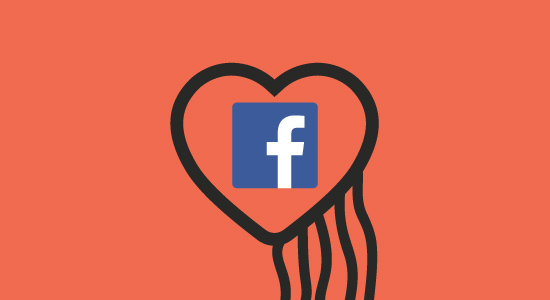
By Nick Hoover
I have a serious love-hate relationship going with Facebook.
I love the access to millions of users.
I hate having to pay to reach them.
I REALLY hate having to pay to reach my own fans.
In my spare time I help manage a Facebook page for the Greenbacks, an affinity group of Trout Unlimited. We have a healthy base of over 1,100 fans. We are a non-profit with fans that want to hear what’s coming up in our group. We aren’t really “selling” anything.
Let’s look at the stats on one of our recent posts.
Of our 1,100 fans only 136 people viewed the post? Huh? An Organic showing of 10%, that’s awful.
Okay, so let’s see what happens when a big brand shares our post, someone like Umpqua; they have 5,000+ fans. That will make a big difference in our views right?
Wrong. It only increases the views by a few dozen…
What is going on here?
The obvious answer is Facebook needs to make money. Adage released an article that should come as no surprise to people managing Facebook accounts. Facebook is now limiting the organic reach of your posts and favoring paid sponsorship. By limiting organic views, they can charge us more to use their platform. No-brainer…
The less obvious answer is your Facebook news feed is crowded real estate. Brands, non-profits, and businesses are competing with updates from grandma and photos of your kids. When Facebook shows you a post organically, it is utilizing an algorithm that says you would like this content. As a post gets more likes, it gets shown to more people. The faster the likes come in, the more people see the post. In short, the quality of your content will boost your organic views.
Can you still succeed in the new Facebook world?
Absolutely, but you must come to grips with reality.
1) The days of blasting your content for free are gone. An effective social media strategy is a mixture of paid and organic views.
2) Creating great content is still the key to succeeding on any platform. If you are creating awesome, dynamic content, it’s gonna get out there. Challenge yourself in 2014 to create powerful, engaging content.
3) Do not solely rely on platforms you have no control over. If you’re business model was built around organic Facebook views, you are hurting right now. A diverse set of platforms that includes a website, social media, newsletter, and paid and organic ads is the only way to survive these dramatic platform changes.
4) Build and develop online relationships with content publishers. Then lean on those networks to help share your message. Make sure you’re reciprocating your shares.
I’ll be honest… when I first read the news about limiting views I was pretty upset. I wanted to quit Facebook as a brand publisher. Now I view it as a challenge. Can I create unique enough content to break through the Facebook wall and help my brand succeed? That’s a challenge I’m willing to accept.
Nick Hoover operates Niby Design Group in Denver, and serves as Angling Trade’s resident online strategist, and regular E-newsletter columnist.




1 Comment
Great article Nick. Although I’m on a much much smaller scale, I can certainly empathize.